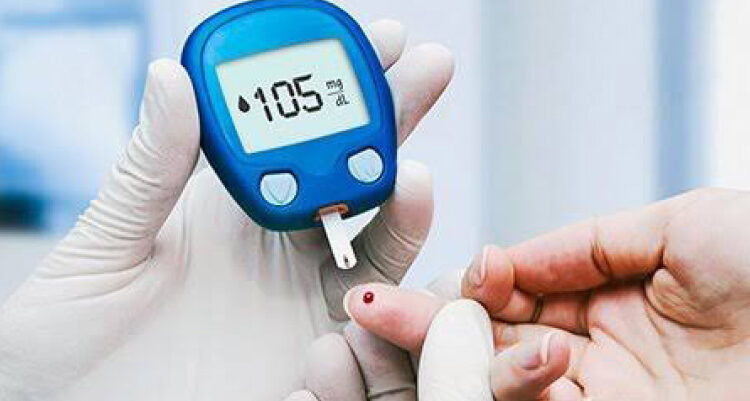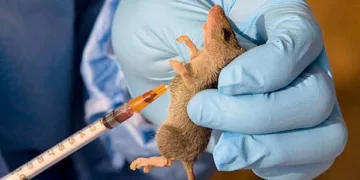Comrade Bernard Enyia, vice president II of the Diabetes Association of Nigeria and national coordinator of the Network of Persons Living with Diabetes in Nigeria has said that diabetes led to 48,375 deaths and $1,810,597,272 of health expenditures in the country in 2021.
Comrade Enyia also said that 29 per cent of annual deaths in the country are caused by non-communicable diseases, with diabetes at the top.
He stated this during the Patients Advocacy march, in commemoration of the 2024 World Diabetes Day, themed: “Diabetes and wellbeing” in Abuja.
Comrade Enyia, who is living with type 2 diabetes, quoted that the latest global figures from the International Diabetes Federation (IDF) show that more than half a billion people are now living with diabetes. In Nigeria, an estimated 11.2 million people live with the condition, more than half of whom are undiagnosed.
Therefore, he urged the federal government, policymakers, and key stakeholders to work towards ensuring that persons with diabetes in the country have access to equitable, comprehensive, affordable, and quality treatment and care.
Enyia, also the co-chair of the National Action on Sugar Reduction Coalition, added that prioritising the physical and mental well-being of people with diabetes could be done by effectively implementing fiscal health policies on diabetes and other non-communicable diseases.
Speaking on the increasing cost of treatment, Comrade Enyia asserts that presently, there is an insulin Crisis in the country, stating that the prices have skyrocketed beyond the reach of the ordinary person, forcing them to resort to cheaper alternatives with a higher risk of breaking down with complications and avoidable deaths.
“Lantus Insulin injection, for instance, increased from N3,500 two years ago to N75,000 in 2024. Also, the cost of a blood sugar testing machine (Glucometer) that used to sell for N6000 two years ago is now sold at N30 000. A single blood sugar test in a public hospital is N2000, even more so in private hospitals. He explained that a pack of test strips now goes for N15 000 in sales outlets (Pharmacy shops).
Meanwhile, he noted that increasing the Sugar-Sweetened Beverages (SSB) tax rate from N10/L (1.67%) to N130/L (39%) in line with international best practices can potentially generate a whopping N729 billion (471.8 million USD) for healthcare interventions.
“This SSB tax, if channelled into diabetes care, can lead to the attainment of the five global diabetes coverage targets by 2030,” he added.





